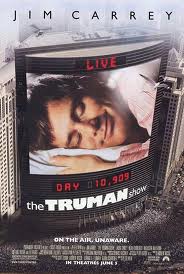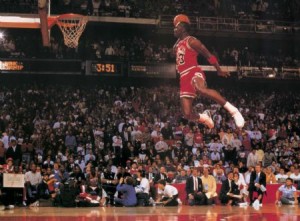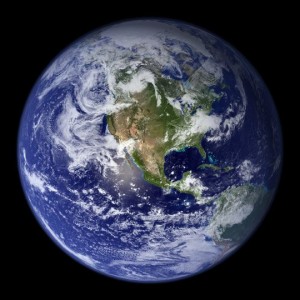 Truman Burbank (played by Jim Carrey) lives in a world that revolves around one person: Truman. Unknown to Truman, he has spent his entire life inside a television studio where he is the central figure and only ‘real’ person in his world while all other people are actors in his show – The Truman Show.
Truman Burbank (played by Jim Carrey) lives in a world that revolves around one person: Truman. Unknown to Truman, he has spent his entire life inside a television studio where he is the central figure and only ‘real’ person in his world while all other people are actors in his show – The Truman Show.
I can relate to Truman. I have the tendency to think I am the main character in a story revolving around one person: Me. I’ve been in every scene from the very beginning. I carry on my head two cameras, two boom microphones, and a megaphone and all the people I know and see are just actors in my show.
Other people exist. It is a truth I so often forget. Other people exist beyond my tiny pocket of the planet and beyond my self-absorbed American pop-culture mind. I forget that English is not God’s primary language.
Today Israeli mothers cover their children in closets as rockets rip through their homes, Chinese men and women are martyred for their faith, African children are dying of AIDS and starvation, all while American televangelists tell the rich they deserve a better life.
One American pastor recently published a book titled “Your Best Life Now”. A buddy of mine said: “There are just two things wrong with that book: ‘Your’ and ‘Now’”. My life is not the central story. Other people exist. Other people matter.
Imagine if we did not see ourselves as the primary characters in our lives. What would happen if we truly saw others the way God sees them? May we find the courage to be caught up in something bigger than ourselves, to live knowing that we are part of a team, a family, a community, and planet that is all part of God’s story, God’s script. I’m not the central figure; I’m in the grand stands.
“Do nothing out of selfish ambition or vain conceit, but in humility consider others better than yourselves.” – Paul of Tarsus (Philippians 2:3)


